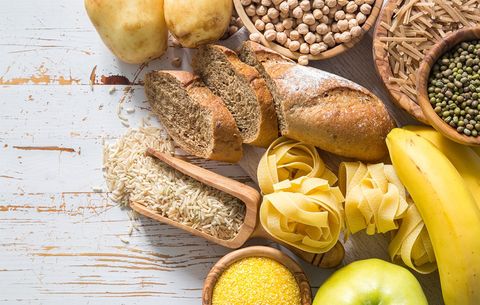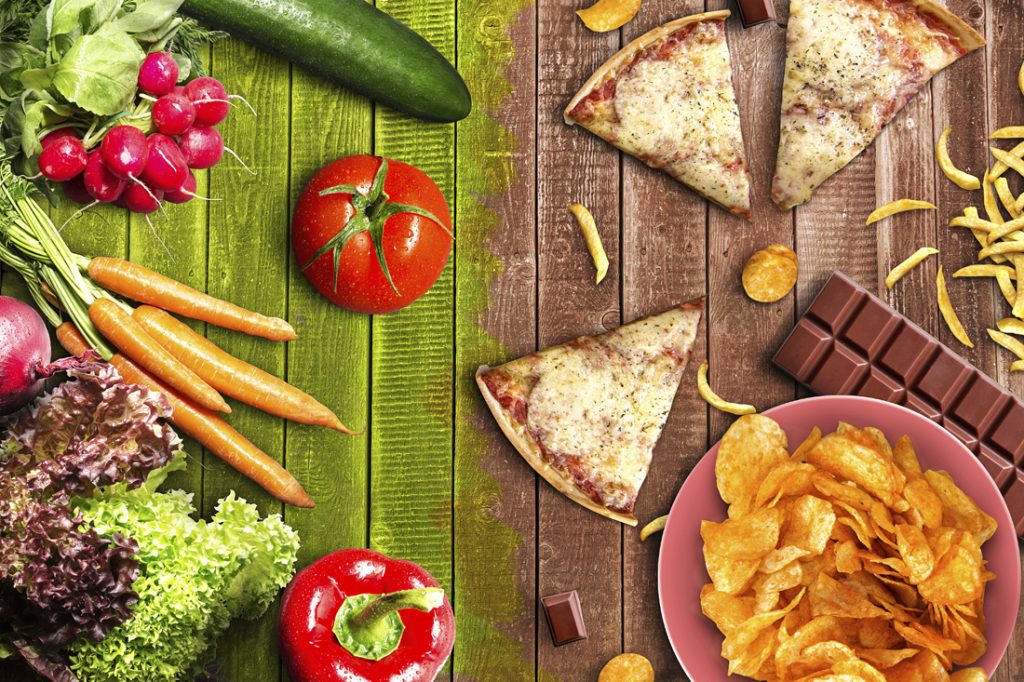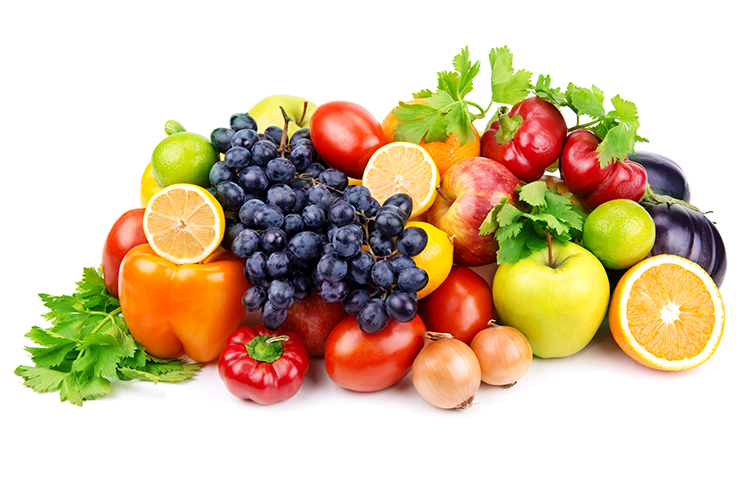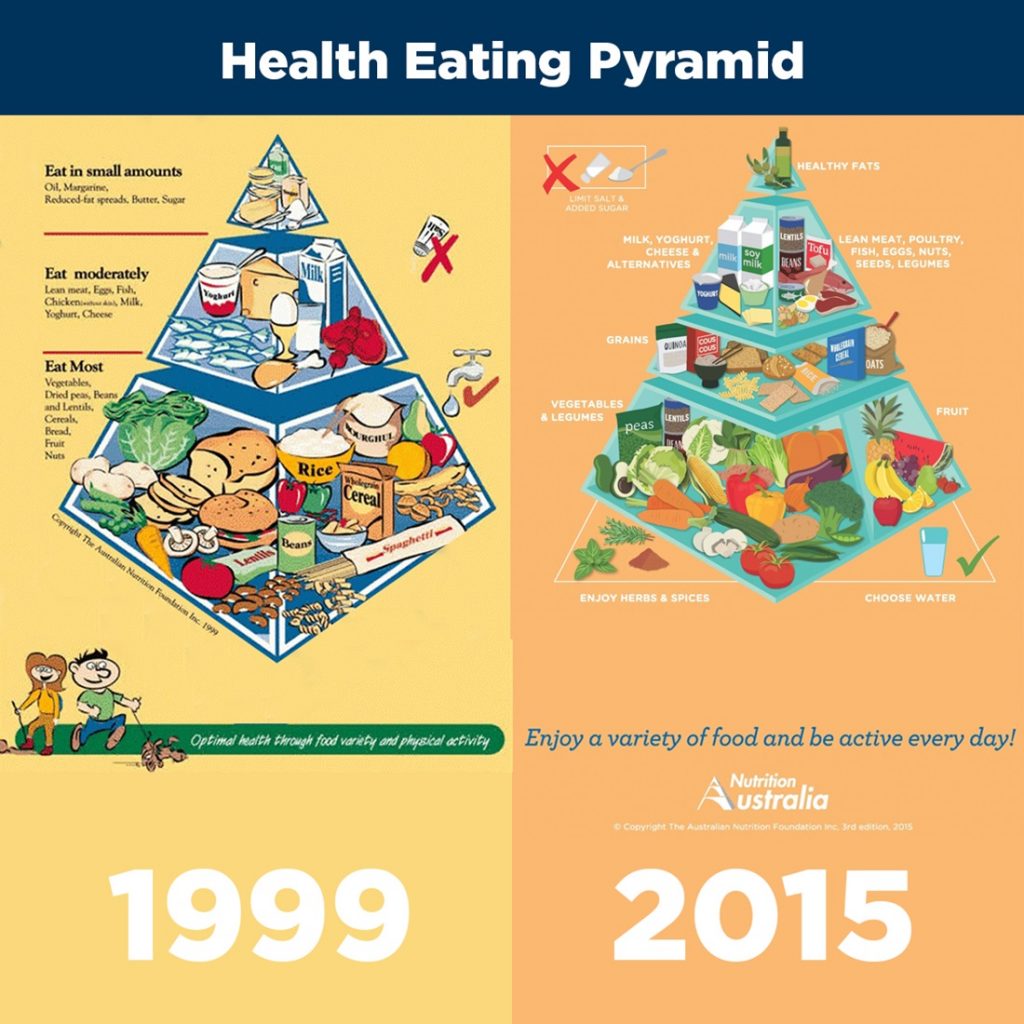
I keep hearing people talking about carbs. How carbs are bad (m’kay?), how they make you put on weight, how you don’t really need them. But recently I heard them used to explain how eating a low carb, high fat diet can help you avoid kidney stones, and I also heard about a new diet that I hadn’t come across before; The Slow Carb Diet. No, it doesn’t mean you have to take 15 minutes to eat your croissant (thanks Animisha), it means you only eat slow release carbs, and you limit them to virtually nothing, because carbs turn to sugar in the body and that’s just like eating dessert all day.
I have officially had enough. Quite apart from trying to make medical claims, which are factually incorrect anyway, carbs are becoming the enemy. And for absolutely no good reason. Because there’s a not very well kept secret that you might not know about carbs. Are you ready?
Carbs have the same number of calories per gramme as protein
Yes, that’s right. Carbs have 4 calories per gramme, the same as protein. Fat has 9 and alcohol, 7 calories per gramme. That would suggest you cut your fat and alcohol out before you go for the carbs, right? Well, not necessarily. Ok yes, nobody actually needs alcohol, but fats are an essential part of our diet, fuelling our cells, carrying fat soluble vitamins and antioxidants around the body, protecting the organs, and feeding brain and neural cell development and connectivity. So cutting fat isn’t the issue so much as looking more at the types of fat. And even that’s not as straightforward as it seems, because while we’ve been told for years that saturated fat is bad for you, we’re also told that coconut oil is fantastic, and coconut oil is saturated fat. And don’t get me started on your slimming clubs’ attitudes to avocados!
But that’s story for another day. Let’s focus on carbs, and especially the major myths that perpetuate, despite all the evidence.
Myth 1 – Only breads and grains contain carbs

This is a common one, and something that I still find odd. If you ask people about a low carb diet, most automatically think you’re talking about cutting out bread, pasta, and rice. Fruit and veg are pretty high in carbs too.
Myth 2 – Carbs are fattening
People tell me this all the time, and yet several studies have shown that whole grain intake is associated with a reduced risk of weight gain, and that fruit intake does the same, provided calorie requirements aren’t exceeded. But of course, that doesn’t sell diet books.
Myth 3 – All white foods are unhealthy
This is a myth that even doctors spread! So what about cauliflower, mushrooms, garlic, onions, and leeks? And don’t forget potatoes. Ok, so they’re starchy carbs, but they’re also a great source of potassium, vitamin C, and fibre (provided you eat the skins).
Myth 4 – Low-carb diets are healthier
Turns out, this one’s not true either. In fact a meta-analysis of research into low carb diets has found a 30% increase in mortality from all causes, and by reducing your carb intake to just 15% below your recommended baseline requirements, you’re at risk of reduced vascular health, not including your risk factors for CVD. This is usually due to an increase in protein and fats in the diet, combined with a lack of fibre.
Myth 5 – Carbs cause inflammation
Chronic inflammation can be an indicator of a number of health issues, some of them very serious. However, it’s not carbs that cause this. In fact once again, a diet that includes whole grains has been shown to reduce your risk of a number a serious conditions, and they especially reduce your concentration of inflammatory markers. And I’m using the medical definition of chronic here, meaning frequently occurring over a long period.
Myth 6 – Avoid fruit due to high sugar content

It’s amazing how many people think that the sugar in fruit is the same as the sugar you add to your coffee. While it’s certainly true that fruits contain sugar, it’s mostly fructose rather than sucrose so you’re not going to get the same load on your system as if you’d eaten a chocolate bar. The other carbohydrate it contains is fibre. Lots of it. And if you knew just how few of us eat the amount of fibre we should be eating, you’d be hitting the fruit bowl.
Myth 7 – Sugar-free = carb-free
It’s interesting that people who cut sugar out of their diet still knock back the starches with impunity. This seems to have something to do with the “food pyramid”, where starches (staples) were at the bottom while white refined sugar was at the top. Advice has changed a lot over the last 20 years, yet we’re still grounded in 20 year old advice.

Myth 8 – All carbs are the same no matter where they come from
This is like saying a calorie is a calorie is a calorie. Or to put it another way, quality matters. If you were on a calorie controlled diet but you only ate sweets all day, your body isn’t going to get the nutrients it needs to function normally. Not all carbohydrates behave the same way in the body. By reducing refined carbs and increasing whole grains, fruits and vegetables, we’re giving our bodies much better quality fuel. In other words, you’re running your Ferrari on high octane fuel rather than two star (remember the old days of leaded petrol?).
Myth 9 – All simple carbs are bad; all complex carbs are good
Again, no. Simple carbs are absorbed by the body more quickly while complex carbs release more slowly. And while glucose is a simple carb, so is fructose (the sugar in fruit), while the starches in cheap white bread are actually complex. So again, it’s about where you carbs come from (see myth 8)
Myth 10 – The Glycaemic Index (GI) is all that matters
Which is better for you? A carrot, or a candy bar? Well, interestingly enough, a carrot can have a much higher GI than chocolate. You can’t use a food’s GI on its own. You need to look at the other attributes, like calories, nutrients, and fibre. Certainly if you have type 1 diabetes, your food’s glycaemic load is going to be important, but it still needs to be looked at as a whole, not on its own.
So the next time someone tries to tell you that carbs are bad, point them to this article in Today’s Dietician, a magazine for nutrition professionals and my source for this post. All the references are included in the article, so you can have fun looking them up too. And think about this before you go cutting out a food group.